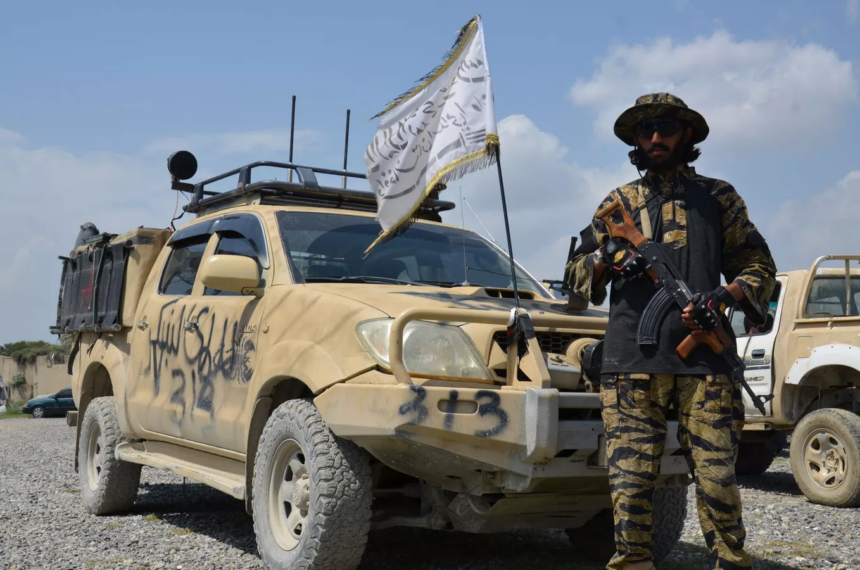RASC News Agency: In a telling move emblematic of mounting financial strain, the Taliban regime has initiated the replacement of its fleet of U.S.-supplied Ranger vehicles with Toyota-brand automobiles, citing high maintenance and fuel costs. The decision, outlined in an official directive from the Taliban’s Ministry of Interior, is framed as a cost-cutting measure aimed at curbing operational expenses within the security apparatus. The classified memo, dated 11 Shawwal 1446 Hijri (corresponding to April 10, 2025), bears the signature of Mawlawi Zainullah Aabir, Chief of Staff to Sirajuddin Haqqani the Taliban’s de facto Minister of Interior and one of the group’s most powerful figures. The document highlights the ministry’s internal decision to phase out the American Rangers in favor of Toyota Hilux and Corolla models, which are deemed more economically viable under the current conditions.
A source within the Ministry of Interior, speaking under condition of anonymity, confirmed the rationale behind the shift: “The cost of fuel and spare parts for the Ranger fleet has become unsustainable. Toyota vehicles offer a more affordable alternative in terms of both upkeep and procurement.” According to this source, dozens of Toyota vehicles have already been distributed among Taliban officials and personnel in recent weeks. The directive goes further, indicating significant overhauls in the ministry’s procurement procedures. Under the new system, all purchases are to be conducted in cash through internal procurement committees effectively bypassing conventional government oversight and audit mechanisms. Moreover, the ministry’s spending authority has been capped, with no single transaction permitted to exceed 35 million Kabuli rupees.
This transition is part of a broader wave of internal cutbacks initiated by Taliban supreme leader Mullah Hibatullah Akhundzada. In a recent decree, he ordered a 20% reduction in staffing across the Ministry of Interior, Ministry of Defense, and General Directorate of Intelligence. The removed personnel are to be placed in what the regime calls “active reserve” a vague term that in practice appears to function as indefinite suspension without pay or reassignment. Leaked internal documents reveal that deputy ministers, directors, and senior advisors have held a series of urgent meetings to identify which personnel will be subject to layoffs or reclassification. The restructuring effort, cloaked in bureaucratic language, is widely viewed as a politically motivated purge as well as a reflection of the regime’s deepening budgetary constraints.
While Taliban officials continue to project an image of institutional order and self-sufficiency, analysts argue that these developments underscore the regime’s internal fragility and growing dependence on improvised fiscal strategies. The replacement of U.S.-donated tactical Rangers symbols of international military support during the former Afghan Republic with commercial Toyota vehicles is being interpreted as both a symbolic and functional downgrade of the regime’s policing capacity. Security analysts warn that this reduced capability may further compromise the Taliban’s already tenuous grip on law and order, particularly as rival insurgent groups such as Islamic State Khorasan Province (ISKP) and the Tehrik-i-Taliban Pakistan (TTP) continue to gain operational momentum in various provinces.
Despite the Taliban’s repeated claims of restoring nationwide security, the rise in violent crime, targeted killings, and internal discontent signals a deteriorating security landscape, further compounded by the regime’s lack of institutional infrastructure and international legitimacy.






